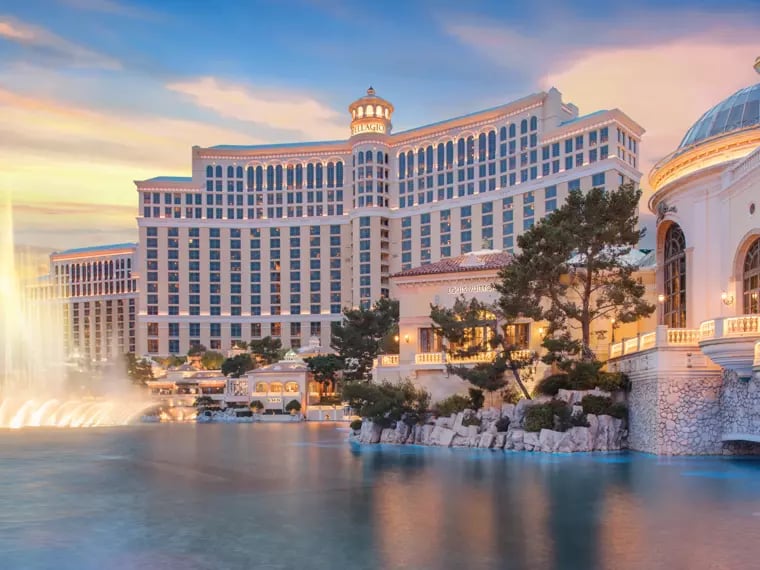For a time, Atlantic City was the next best thing to Las Vegas in the U.S. When New Jersey opened up gaming in the late 1970s, it started an influx of resorts and casinos in the area, and through the 1980s the area was a hotbed for gamblers.
But by the 1990s, neighboring states started to allow casinos, and today Atlantic City is a ghost of its former self. The latest blow came when Pennsylvania's Gaming Control Board announced that the state's casinos brought in $3.16 billion in gaming revenue in 2012, topping New Jersey for the No. 2 spot in the U.S.
A double-edged sword
The growth in Pennsylvania has really been a double-edged sword for gaming in the U.S. It shows just how fast big markets can pop up and what new casinos can do to revitalize gaming in an area.
Las Vegas Sands (LVS +0.98%) has built a resort and casino in Bethlehem, Pa., and now generates the most revenue from table games and second most from slots in the state, but is only now getting a decent return on that investment. The company invested $850 million in the site and last quarter generated $32.1 million in EBITDA. If we assume flat results for a year, that's an annual EBITDA rate of $128.4, about a 15% return on investment.
Sands is growing right now, so the investment hasn't been bad, but Macau has had much stronger returns for the company. And considering the potential expansion of gaming in Massachusetts and other New England states, I wouldn't be surprised if we're seeing a top in results. Which may be one reason Sands is reportedly looking to sell the resort.
Caesars (CZR +0.00%) is experiencing what owning the old hot spot can look like as gaming grows around you. In the third quarter of 2012 the company reported a 4.5% decline in lodgers in Atlantic City and a 5.1% decline in non-lodgers. In regions outside of Las Vegas and Atlantic City, the number of trips was down 6%.
Competition in gaming can be a double-edged sword for gaming companies. When your region is hot like Pennsylvania is today or Borgata in Atlantic City was a few years ago, you're on top of the world, but regional hot spots haven't lasted long.
Cashing in at the right time
MGM Resorts (MGM +8.16%) may have inadvertently made a great move by cashing in on its Borgata success at the right time a couple of years ago. The joint venture with Boyd Gaming (BYD +2.13%) had to be sold when MGM partnered with Pansy Ho in a Macau joint venture. With gaming revenue down 8% in Atlantic City last year, it may have been great timing.
Competition growing nationwide
Pinnacle is now set to expand its nationwide network with its Ameristar Casinos acquisition, which will create another major regional player. But I don't think the deal will ease competition for regional casinos.
Caesars has struggled nationwide as competition has grown. Penn National is holding its own, but it is leaning on new developments and shrewd moves to grow its stock. Long-term gaming growth will have to drive everyone in the business.
Now that Massachusetts is moving closer to naming new license holders for the greater Boston area, the competition will heat up. Casinos can be found dotting the East Coast right now, and we've seen a boom-and-bust development cycle at most of them.
Foolish bottom line
Pennsylvania is taking gaming dollars and headlines right now, but even with the growth, the returns for gaming companies aren't phenomenal. With growing competition from neighboring states, the good days may soon move somewhere else.








